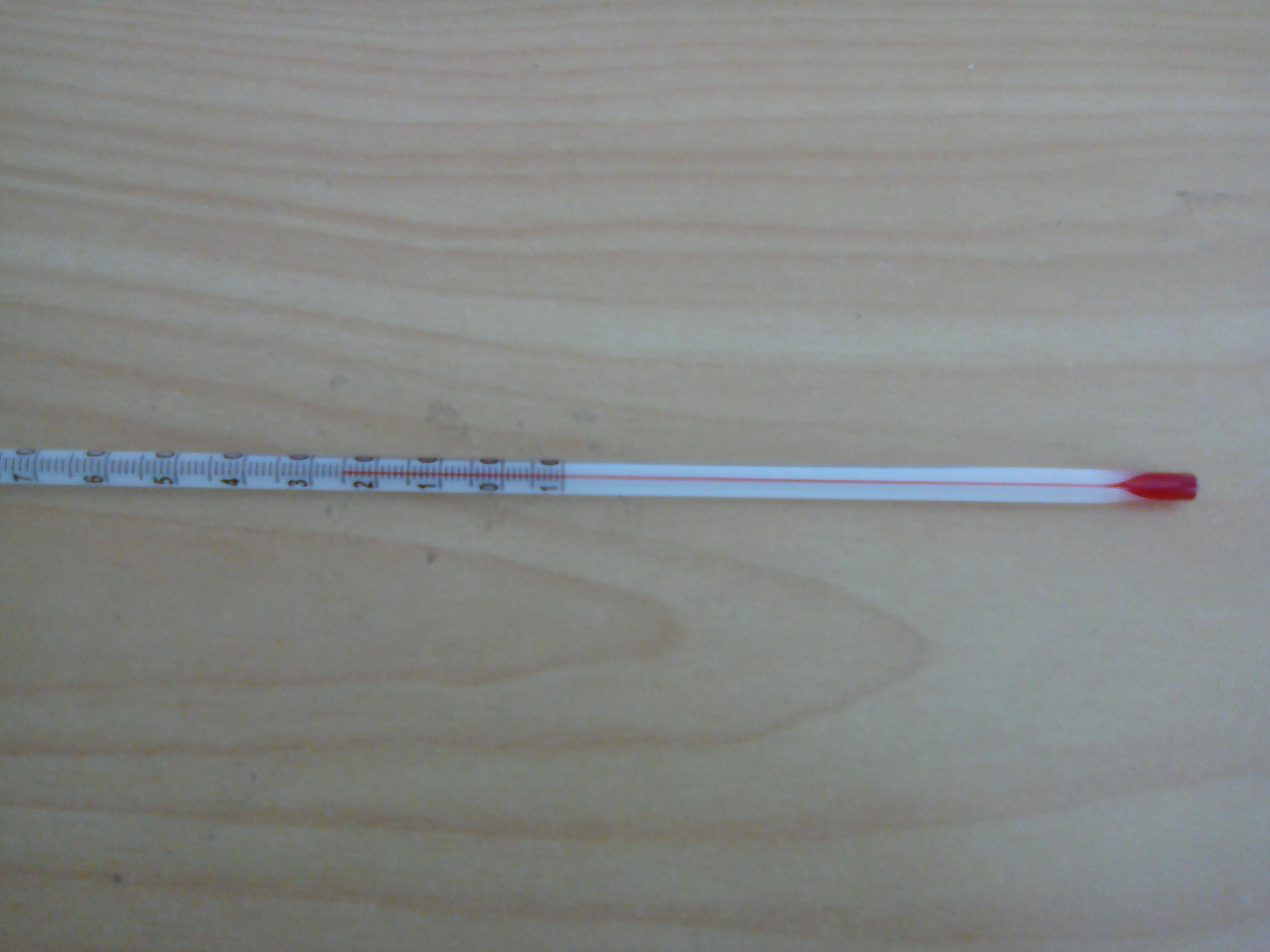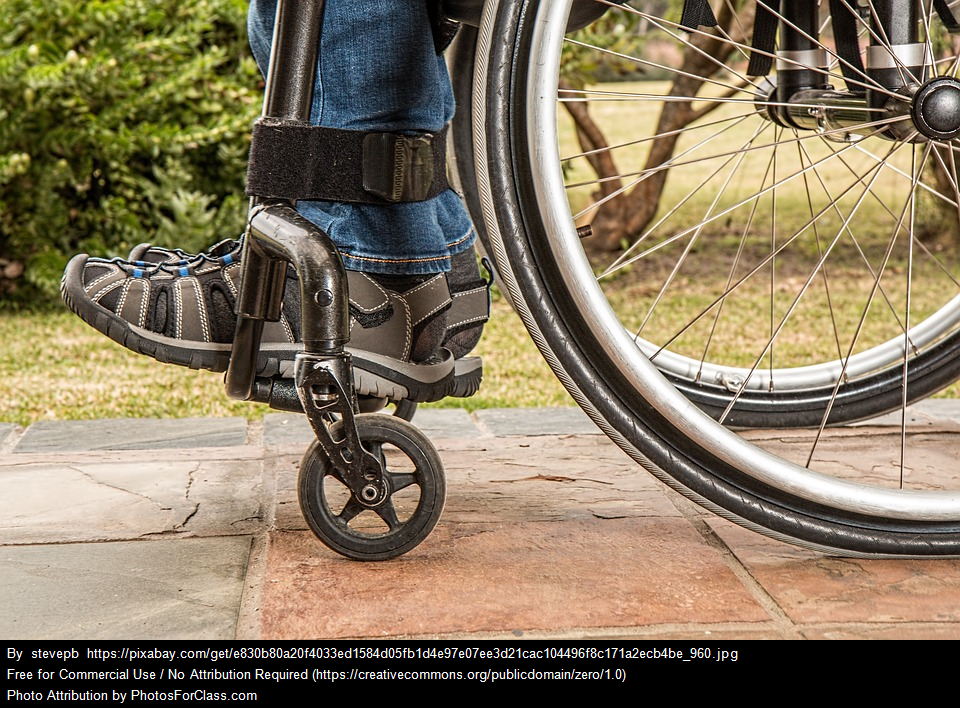
I’ve just bought some thermometers, to use with a first-year physics class. A box of ten of them. Alcohol filled, which makes them a whole lot safer than the mercury ones. (If you have a mercury thermometer, my advice is never, ever break it, especially if it’s at home. I broke one at university a […]
Continue reading